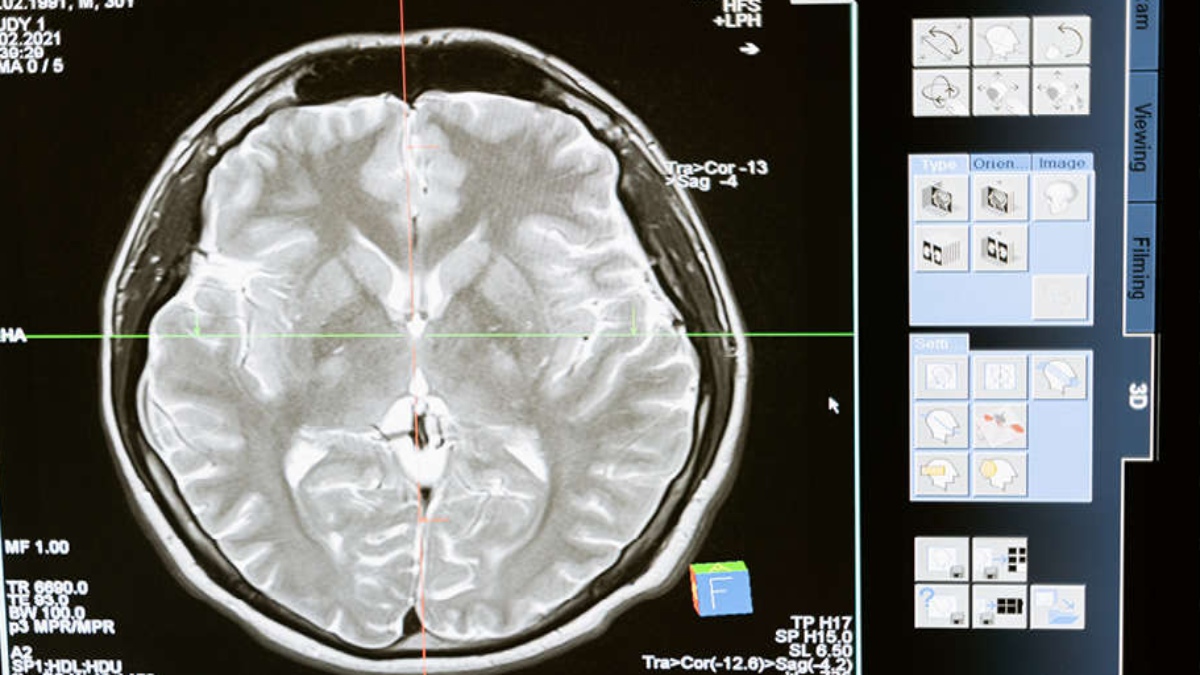


New surprising information has been revealed by researchers at Georgia State, in a first-of-its-kind study, about the relationship between neuron activity and blood flow deep in the brain, as well as how the brain is affected by salt consumption.
When neurons are activated, it typically produces a rapid increase of blood flow to the area. This relationship is known as neurovascular coupling or functional hyperemia, and it occurs via dilation of blood vessels in the brain called arterioles. Functional magnetic resource imaging (fMRI) is based on the concept of neurovascular coupling: experts look for areas of weak blood flow to diagnose brain disorders.
However, previous studies of neurovascular coupling have been limited to superficial areas of the brain (such as the cerebral cortex) and scientists have mostly examined how blood flow changes in response to sensory stimuli coming from the environment (such as visual or auditory stimuli). Little is known about whether the same principles apply to deeper brain regions attuned to stimuli produced by the body itself, known as interoceptive signals.
To study this relationship in deep brain regions, an interdisciplinary team of scientists led by Dr Javier Stern, professor of neuroscience at Georgia State and director of the university’s Center for Neuroinflammation and Cardiometabolic Diseases, developed a novel approach that combines surgical techniques and state-of-the-art neuroimaging.
The team focused on the hypothalamus, a deep brain region involved in critical body functions including drinking, eating, body temperature regulation, and reproduction. The study, published in the journal Cell Reports, examined how blood flow to the hypothalamus changed in response to salt intake.
“We chose salt because the body needs to control sodium levels very precisely. We even have specific cells that detect how much salt is in your blood,” said Stern. “When you ingest salty food, the brain senses it and activates a series of compensatory mechanisms to bring sodium levels back down.”
The body does this in part by activating neurons that trigger the release of vasopressin, an antidiuretic hormone that plays a key role in maintaining the proper concentration of salt. In contrast to previous studies that have observed a positive link between neuron activity and increased blood flow, the researchers found a decrease in blood flow as the neurons became activated in the hypothalamus.
The findings raise interesting questions about how hypertension may affect the brain. Between 50 and 60 per cent of hypertension is believed to be salt-dependent — triggered by excess salt consumption.